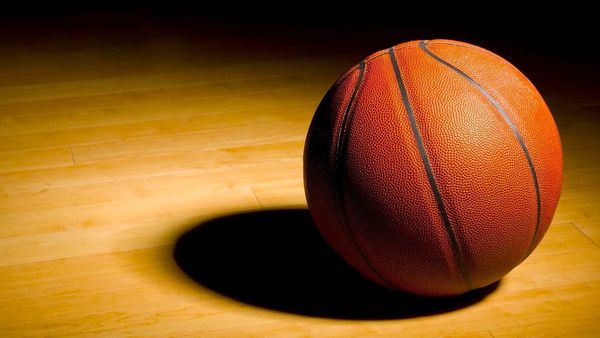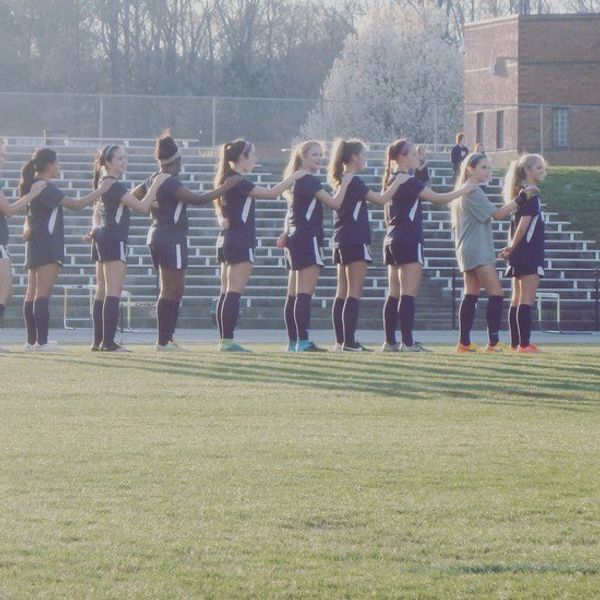“Never grow to hate what you do”
February. 5:45 am. 26 degrees. Time to go to practice.
I played sports competitively for nine years. My love affair with sports started in 6th grade when I first decided that I wanted to be a runner and joined the cross country team at my middle school. I loved everything about it, the friends I made, the feeling of racing and passing someone in front of me. I wanted more. I joined outdoor track that very same year, and lacrosse, field hockey, and indoor track soon followed. I felt great, I was getting to do something I loved, and I got to compete.
If you had told 12-year-old me that I would be playing field hockey in college, she would have laughed. She would have thought that her stick skills would never be up to par with NCAA players. But, wouldn’t you know it, hard work and determination paid off. I wore #2 my freshman year of college and lived out a dream I had since I first picked up the stick. I started in a few games and was once again n awe that I had made it that far in my career. I saw the pride my family had and I could not help feeling proud of myself, too.
But sports aren’t all fun and games, no pun intended. I remember how grueling preseason was, when the temperature was in the mid 80’s and we had to do sprints on the turf that radiated heat. In field hockey, we have what’s called a flyer. The flyer’s job is to run full-speed during corners, or penalty plays, toward the girl who’s taking the shot in. Sound fun? Twice, while practicing, I was hit by the ball, once on my thigh and once when it nearly broke my foot. And once you’ve recovered physically, you’re back at it. That’s the thing about sports, it doesn’t care if you’re hurt, someone still has to get the job done. Getting hit definitely made me a little more afraid of the ball, and it reflected in how I played and how much game time I got. Add in off-season practice in below freezing temperatures, and I was getting a little sick of playing.
For anyone who has ever played a fall sport, you know what it’s like to have a summer workout packet. The packet outlines how much you should be running and what stick skills you should be working on. When you spend your summer working two jobs in a restaurant, you value your downtime. Because I thought being on my feet all day was getting me in shape, I spent my one or two days off sleeping and relaxing.
I came back to preseason that summer a day late. I had gone to Europe with my mom and had spent an amazing 12 days seeing Prague, Vienna, and Budapest. When I came back, it was obvious I wasn’t prepared. I went from being one of the fastest girls on the team to one of the slowest. My stick skills were sub-par, and my coaches were rightfully upset. After making the team by the skin of my teeth, I went back to my apartment and had a moment. I called my parents, my mom told me something that I’ve heard her say to her softball players in the years she coached, “always leave still loving it. Never grow to hate it”. I cried. The next day, I went to my coach and told her I quit the team.
It was one of the hardest and best decisions I had ever made. After talking to her, I was oddly relieved. I thought I might come back in the spring, but I soon found out that I loved not playing. I was doing better in school and I was working in a café. In the spring, I had time to take an internship that helped me figure out what career path I wanted to go down, which led me to join my school’s advertising team. I’ve never regretted it for a second.
My advice to anyone wondering if they should continue playing is this: if you have any doubts, it may be your time. Leave on a good note, and remember that no one can tell you that you can’t come back. See what else your school has to offer, and trust your instincts. Only you know what’s right for you




















